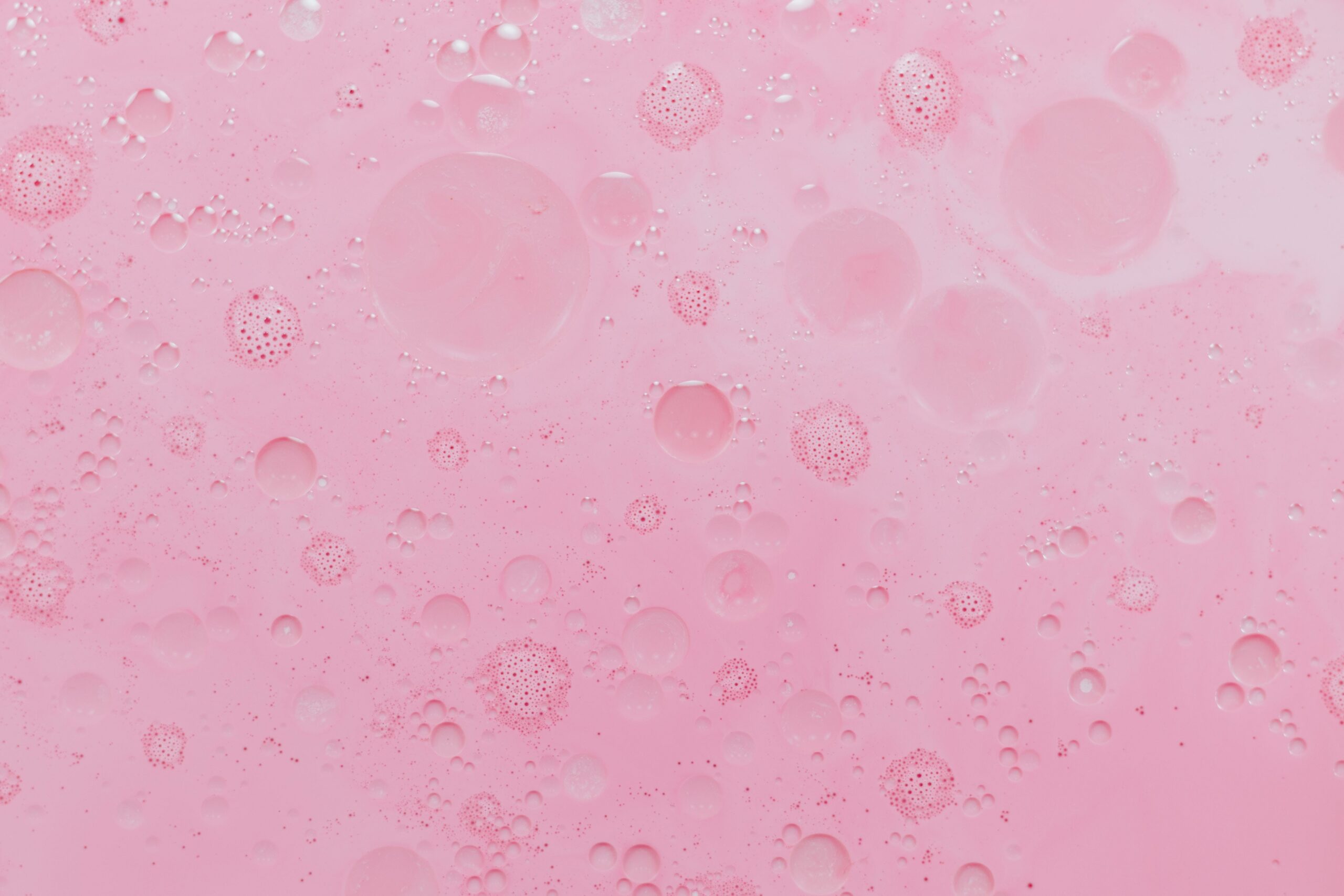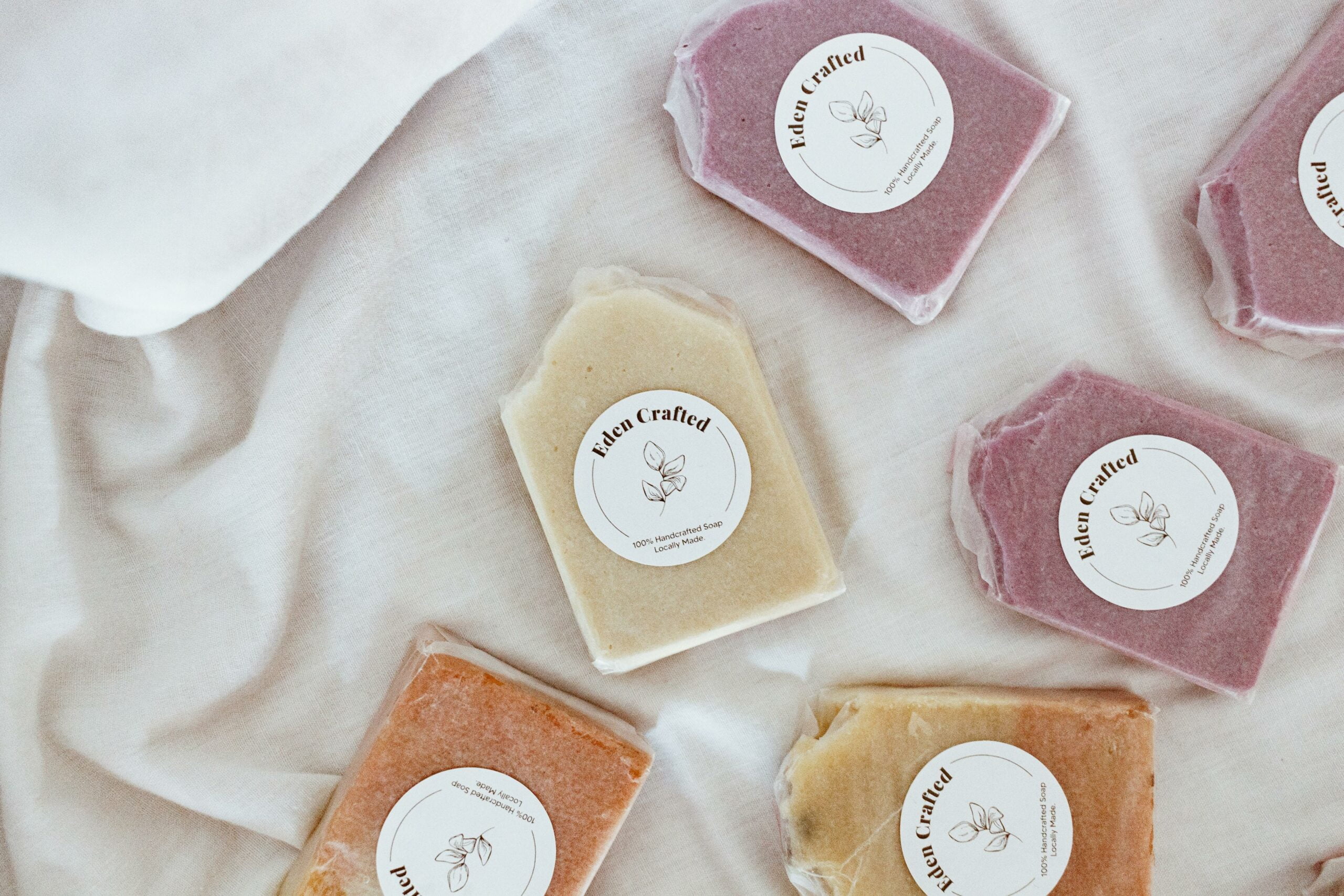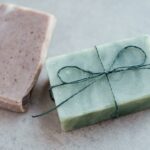Step back in time and let the secrets of soap unfold before your eyes! In this article, we delve into the intriguing world of soap history, unearthing little-known facts that will leave you captivated. From ancient civilizations to modern times, prepare to embark on a journey through the ages as we uncover the fascinating stories behind one of life’s most essential daily companions. So grab a seat and get ready to be amazed by these 5 captivating soap history facts that will not only inform but also enthrall you with their rich historical significance.

Soap History Facts
Did you know that soap has a rich and fascinating history? From its humble beginnings to its widespread use today, soap has played a vital role in human hygiene and cleanliness throughout the ages. In this article, we will delve into the untold stories behind soap’s evolution, unearthing five captivating soap history facts that will leave you amazed.
1. Soap’s Ancient Origins
Soap has been around for thousands of years, with its origins dating back to ancient civilizations. The earliest evidence of soapmaking can be traced back to ancient Babylon, around 2800 BCE. The Babylonians discovered that mixing animal fats with ashes created a substance that could effectively clean textiles. This early form of soap was primarily used for washing clothes rather than for personal hygiene. It’s fascinating to think that the basic principles behind soapmaking were established over 4,800 years ago!
Did you know? The ancient Egyptians also had their own version of soap, which they made by combining animal and vegetable oils with alkaline salts. They used it for personal hygiene as well as for medicinal purposes.
2. Soap in Medieval Europe
During the Middle Ages, soapmaking became an established craft in Europe. However, the process remained relatively crude compared to modern methods. Soap was typically made by boiling animal fats with lye, a caustic substance derived from wood ashes. This early soap had a strong smell and was often harsh on the skin.
Fun fact: It was not until the 18th century that soapmakers discovered how to make soap from vegetable oils, such as olive oil. This development led to the production of milder and more pleasant-smelling soaps.
3. The Birth of Modern Soapmaking Techniques
In the early 19th century, advancements in chemistry revolutionized the soap industry. The discovery of chemically pure alkali, such as sodium hydroxide, enabled the mass production of soap. This breakthrough allowed soapmakers to create consistent, high-quality soaps on a larger scale. Moreover, the introduction of fragrances and dyes added a touch of luxury to the soap market.
Interesting tidbit: The industrial revolution also played a significant role in the soap industry’s growth. Advancements in technology and manufacturing processes made soap more affordable and accessible to the masses, transforming it from a luxury item to an everyday necessity.
4. Soap’s Role in Hygiene and Disease Prevention
Soap has long been recognized for its ability to promote cleanliness and prevent the spread of disease. In the mid-19th century, renowned scientist Louis Pasteur demonstrated the importance of handwashing with soap to eliminate harmful germs. This discovery paved the way for improved public health practices, leading to a significant decrease in infectious diseases.
Takeaway: Soap remains an essential tool in maintaining personal hygiene, especially in situations like pandemic outbreaks. Regular handwashing with soap is one of the most effective ways to prevent the transmission of infections and protect public health.
5. The Diversity of Soap Today
In modern times, soap comes in various forms, scents, and textures, catering to different needs and preferences. From traditional bar soaps to liquid soaps, shower gels, and even solid shampoo bars, the options are endless. The soap industry continues to innovate, incorporating natural and organic ingredients, sustainability practices, and appealing packaging to meet the ever-evolving demands of consumers.
Final thoughts: Soap’s journey throughout history is a testament to its everlasting importance and universal appeal. From its ancient origins to its role in maintaining public health, soap has played a significant part in human civilization. So, the next time you lather up with your favorite soap, take a moment to appreciate the remarkable heritage and fascinating stories behind this everyday item.
With these captivating soap history facts, you now have a deeper understanding of soap’s evolution and cultural significance. So go ahead, embrace the power of soap, and keep exploring the tales that await you in the uncharted realms of history.
Soap is an essential item found in every household, but did you know that there are some fascinating fun facts about soap? Here’s a chance to delve into the intriguing world of soap and discover its hidden secrets. From its ancient origins to its modern-day manufacturing process, you’ll be amazed at the journey this cleansing staple has taken over the years. So, are you ready to uncover the captivating story behind soap? Click here to explore our curated list of fun facts about soap.
In the fascinating world of soap, history holds many intriguing secrets. Delve into the rich past and uncover facts about soap history that will leave you astonished. From its humble beginnings to its rise as a household staple, soap has played a vital role in our lives. Discover the mesmerizing tale behind this daily necessity by clicking here: facts about soap history.
But that’s not all – there are even more historical facts about soap that will captivate your curiosity. Step into the world of ancient civilizations and witness the significance soap held in their daily rituals. Explore the depths of its cultural and medicinal importance across time and space. Uncover the hidden tales of soap’s evolution with this captivating journey into history: historical facts about soap.
So, what are you waiting for? Embark on an unforgettable adventure into the past with Soap History Facts!
Soap is a common household item that we often take for granted. However, its history is quite fascinating and spans thousands of years. In this article, we will delve into the surprising history of soap and explore how it has evolved over time.
[youtube v=”aOL330lir9I”]
The chemical composition of soap is the alkali salt of a fatty acid. It is typically created by mixing fats and oils with an alkaline base in a process called saponification. Soap molecules have a unique structure that allows them to bond easily with both water and oils. This molecular structure enables soap to clean in two ways.
When you wash your hands with soap and water, soap molecules attach to the lipid membranes of viruses, tearing them apart and preventing the pathogens from infecting cells. Additionally, soap molecules form structures called micelles in water. These micelles encapsulate dirt, viruses, and bacteria, which are then rinsed away with water.
While there are some natural soap-like substances derived from plant sources, they do not possess the same chemical properties as true soap. It’s important to note that there is a distinction between soap and detergent. While both attract water on one end and oil on the other, detergents are specifically designed to be more soluble in water, making them suitable for use in machines and hard water conditions.
The origin of soap is believed to date back to ancient Babylon, where evidence of manufactured soap was found in clay jars as early as 2800 BC. A Babylonian clay tablet from 2200 BC provides a recipe for soap using water, alkali, and Cocina oil derived from the bark of an evergreen tree.
In ancient Egypt, soap was not primarily used for bathing but rather for treating skin diseases and textile making. Ancient Greek and Roman cultures also had varying practices when it came to personal hygiene. While they embraced bathing, soap was not commonly used for washing. Instead, they would rub themselves with pumice or clay and then apply oil, which would be scraped off with a scraper called a Stijl.
Although there is evidence suggesting that the Greeks and Romans were aware of soap, its use for personal washing remains uncertain. There are conflicting historical accounts and myths surrounding the discovery of soap during this time. In any case, soap was well-known and widely used in Europe during the Middle Ages.
Despite popular misconceptions, people in the Middle Ages did practice regular bathing. Soap recipes were compiled in books of Secrets, which contained various recipes and medicinal formulas. These recipes were often passed down through generations and used ingredients readily available to peasants, such as tallow rendered from animal fats. Soap during this period was relatively soft, dark, and lacked the pleasant scent of modern soaps.
By the late Middle Ages, soap production thrived in the Middle East, particularly during the Islamic Golden Age. Soap in the Middle East was often made using vegetable fats like olive oil, and the process involved the addition of salt to separate out glycerine. These soap-making techniques were brought back to Europe and formed the basis of soap manufacturing.
However, the importance of bathing declined in the late Middle Ages due to changing social norms and religious attitudes. Personal cleanliness became associated with the care of one’s clothing, and washing only exposed body parts was advised in some etiquette manuals. The legendary story of King Louis XIV, who was said to have taken baths only when recommended by his doctors, reflects the prevailing attitudes towards bathing during this time.
During the 18th century, bathing gained renewed importance as medical opinions changed, emphasizing the health benefits of cleanliness. However, in England, a soap tax was implemented in 1712, which tripled the price of soap and made it a luxury item accessible only to the wealthy. The tax was repealed in 1853, leading to the larger-scale manufacturing of soap.
The work of Florence Nightingale during the Crimean War highlighted the importance of hand-washing with soap to prevent infection, even before germ theory was widely accepted. This knowledge gained traction during the U.S. Civil War, where it was demonstrated that washing with soap reduced military mortality rates.
The burgeoning soap industry was further propelled by the advent of the Industrial Revolution and mass marketing campaigns. Procter and Gamble, established by William Procter and James Gamble, became a leading producer of personal care products and helped make soap a household staple.
Over time, soap manufacturing processes were refined, and the widespread use of indoor plumbing further drove the market. During World War I, a shortage of animal oils led to the development of synthetic alternatives, resulting in the creation of detergents that were more soluble in water.
Today, soap continues to play an essential role in maintaining personal hygiene and preventing the spread of diseases. It has come a long way from its humble beginnings in ancient Babylon and has remained a staple in households around the world.
In conclusion, the history of soap is a testament to human ingenuity and the evolving understanding of hygiene. From its early origins in ancient civilizations to its modern-day manufacturing processes, soap has remained a vital tool for cleanliness and disease prevention. Despite varying practices and beliefs throughout history, soap has stood the test of time and continues to be a crucial part of our everyday lives.
FAQ
Q: What are some interesting facts about the history of soap?
A: Some interesting facts about the history of soap include its ancient origins dating back to around 2800 BCE in ancient Babylon, where a soap-like substance made from animal fats and ashes was discovered. Soap production became more widespread during the Roman Empire, and by the 7th century, soap-making was introduced to Europe. In the 19th century, the invention of the industrial process known as saponification revolutionized soap production, making it more accessible to the masses.
Q: How did soap-making techniques evolve over time?
A: Soap-making techniques evolved significantly over time. In ancient civilizations, soap was primarily made by combining fats or oils with an alkaline substance such as ashes. As time progressed, different ingredients were added to enhance the soap’s cleansing properties and aroma. During the Middle Ages, soap-making became a specialized craft, with techniques and recipes passed down through generations. The industrial revolution in the 19th century brought about new methods of soap production, such as the use of steam-powered factories.
Q: What role did soap play in ancient societies?
A: Soap played a significant role in ancient societies. In addition to its cleansing properties, soap was utilized in religious rituals and ceremonies. Ancient Egyptians considered soap a symbol of purity and used it during purification rituals. In ancient Rome, public bathhouses became an important part of social life, and soap was used for personal hygiene and cleanliness. Soap also played a role in maintaining personal hygiene during the Black Death pandemic in the 14th century.
Q: How did soap become a widely used household item?
A: Soap became a widely used household item through advancements in soap production and increased accessibility. The invention of the industrial process known as saponification in the 19th century allowed for large-scale production of soap. This, coupled with improvements in transportation and distribution, made soap more affordable and readily available to the masses. Marketing campaigns promoting the importance of cleanliness and hygiene also contributed to the widespread use of soap in households.
Q: How has the cultural significance of soap evolved over time?
A: The cultural significance of soap has evolved over time. In ancient civilizations, soap was associated with purification rituals and religious practices. As soap-making techniques advanced and soap became more accessible, it became a symbol of cleanliness and hygiene. Soap also played a role in societal norms and etiquette, particularly during the Victorian era when cleanliness was highly valued. Today, soap is not only a practical household item but also a product of personal care and self-care routines. Its cultural significance continues to evolve as new innovations and trends emerge.
- Star Ring Trends: Etsy vs Amazon - March 28, 2025
- Boost Pollinator Habitats: Baby Blue Eyes Sustainable Farming Guide - March 28, 2025
- Protect Big Black Bears: Effective Conservation Strategies - March 28, 2025
















